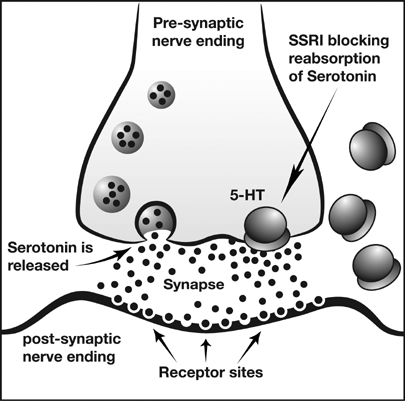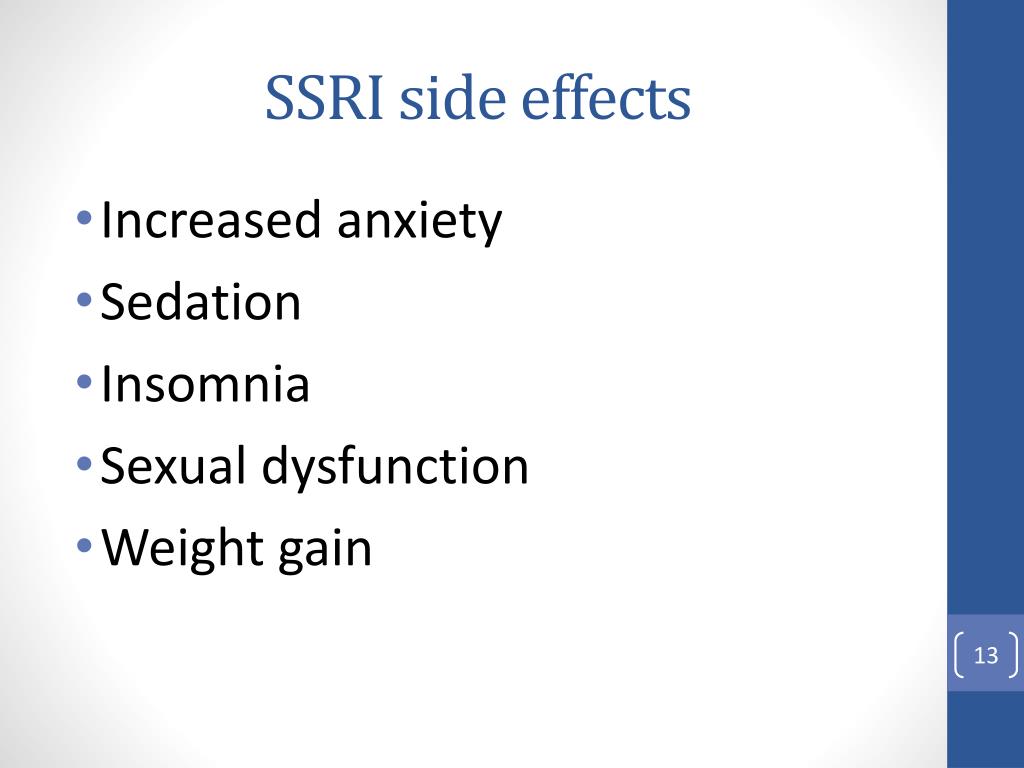

Bupropion reverses those changes, while the SSRIs tend to make them worse. There is more REM latency (the patient enters REM too quickly), REM density, and less of the restorative slow-wave sleep. Depression impairs sleep architecture in several ways. 7 However, sleep quality is a different matter, and here bupropion shines. Most second-generation antidepressants can cause insomnia, and the rates are similar. Bupropion (along with desvenlafaxine) does carry a higher risk of causing initiation insomnia than the other antidepressants, but the difference is very small. 6 However, bupropion has failed in very small trials of panic disorder, post traumatic stress disorder (PTSD), and obsessive-compulsive disorder (OCD).Īnother Myth (#4): Bupropion isn’t a good fit for patients with insomnia In GAD, bupropion performed just as well as escitalopram (Lexapro) in a small head-to-head controlled trial. Here bupropion may not fare as well, unless that anxiety disorder is the generalized type (GAD). Those studies were done in patients with anxious depression, but what about patients with a separate anxiety disorder. 5 That’s a lot of patients who might lose their sex drive for a slight advantage. In that subgroup, the SSRIs had a slight advantage, but the authors concluded that you’d need to treat 17 patients with a highly anxious depression with an SSRI in order to see one benefit over bupropion. The same authors of that paper reanalyzed the data looking specifically at patients with very high levels of anxiety. 4 Now, there is a slight twist in this story.

In a meta-analysis of 10 randomized controlled trials of depression with anxiety, outcomes for anxiety were not significantly different between bupoprion and the SSRIs, including several large trials where it was compared head-to-head with an SSRI. Myth #3: Bupropion won’t help anxiety in depressed patients Although I try to avoid antidepressants in that population bupropion does have a lower risk of causing manic switches. I also use this strategy when starting bupropion in a patient with bipolar depression. Using the instant release bupropion, I’ll start at 75 mg per day and raise the daily dosage by 75 mg each week until I reach the target dose, and then switch to an extended-release version. I’ve found that this risk is significantly improved when I dose bupropion low and slow in patients with anxiety. Likewise, the risk of “agitation” with bupropion is similar to that with other second-generation antidepressants. 3 All antidepressants can cause anxiety, and they do in about 1 in 10 depressed patients. Yes it can, but the rate of anxiety as a side effect to bupropion are about the same as that of other antidepressants, according to several analyses of controlled FDA-registration trials. 1 A separate study from 2018 of over 5,000 elderly patients with new onset seizures found that escitalopram (Lexapro) and citalopram (Celexa) had the highest seizure risk, while the risk for bupropion was about the same as the other antidepressants they looked at. In a meta-analysis of 164 articles from 2018, it was clomipramine that came out with the highest seizure risk, and bupropion was not even at the top. With the SR, XL, Aplenzin, and Forfivo varieties, the risk of seizures has gone down.

It’s likely that the instant release version does, because the risk is dose-dependent so when it’s dosed three times a day patients might accidentally take their tablets too close together, raising the blood level and the seizure risk. Myth #1: Bupropion is the antidepressant with the highest risk of seizures Bupropion had lost ground, and never regained it. By that time, Prozac (fluoxetine) had already come out in 1987 and was rapidly becoming one of the biggest blockbusters in psychiatry. It was withdrawn from the market soon after, and rereleased in 1989 with a lower maximum dosage: 450 mg per day instead of 600mg per day. Released in 1985, it soon became associated with an alarming rate of seizures, particularly in patients with bulimia. The reason may have more to do with a few myths about bupropion than the actual evidence.īupropion lacks many of the side effects that can hinder adherence to SSRIs: sexual side effects, weight gain, apathy, sedation, and withdrawal problems.īupropion was the first modern, or “second generation” antidepressant, to enter the market, but it entered the scene in the worst sort of way. Your browser does not support the audio element.īupropion ranks fourth in the more frequently prescribed antidepressants, and has always lagged behind the serotonin agents (SSRIs and SNRIs) in popularity.


 0 kommentar(er)
0 kommentar(er)
